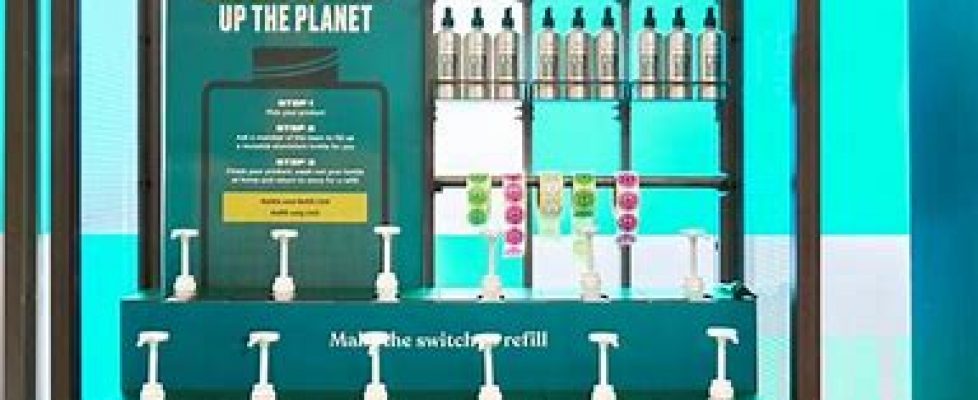PLANET
Planet within the fashion and cosmetic industry consists of sustainability, environmentally friendly production and disposal, and consideration. Whilst sustainability is improving within the world, there is still a vast majority of problems that remain. Seven cosmetic companies were in the 2012 World’s Most Ethical Companies List by Ethisphere Institute, up from four in 2011. This improvement from four to seven may seem practical and effective, however the proportions of ‘ethical’ brands to ‘unethical’ is miniscule. This measurement may come across as surprising due to the newly identified idea of greenwashing. This is ‘a term used to describe the false or exaggerated environmental claims of a company or product. It is often associated with advertising, promotion or marketing.’ Many brands will claim to be something that they are not. Unfortunately, this increases consumerism, falsely marketing to customers that what they are buying is environmentally sustainable when it may not be.
This allegation of many companies greenwashing suggests that most companies are not focused entirely on sustainability but instead their own economic growth. This highlights how still so many brands are following a linear economy rather than a circular economy. A circular economy is one where ‘resources are kept in use for as long as possible through recovery, regeneration and re-use rather than throwing something away.’ Circular economies are the most environmentally sustainable way a company can minimise its wastage. The longevity of the product is considered rather than its temporary economic value. If a company follows this cyclical structure, their journey to sustainability will increase in pace. A great example of a brand demonstrating a circular economy in the cosmetics industry is The Body Shop. They offer product refill stations in multiple stores. This is where customers can bring their empty bottles of shampoos, conditioners, body washes etc and refill them with the product. This reduces the number of one-use plastic containers being circulated. In fact, this effort prevented 578,966 bottles from becoming waste. If these plastic bottles had in fact been thrown away, it is likely that most of them would have ended up not properly being disposed of. By doing this, The Body Shop are considering the 14th and 15th Sustainable Development Goals of ‘Life Below Water’ and ‘Life on Land.’ They are reducing the plastic waste that may enter the oceans and have a detrimental effect on the ecosystems. More brands should adopt this ideology to make a change.
